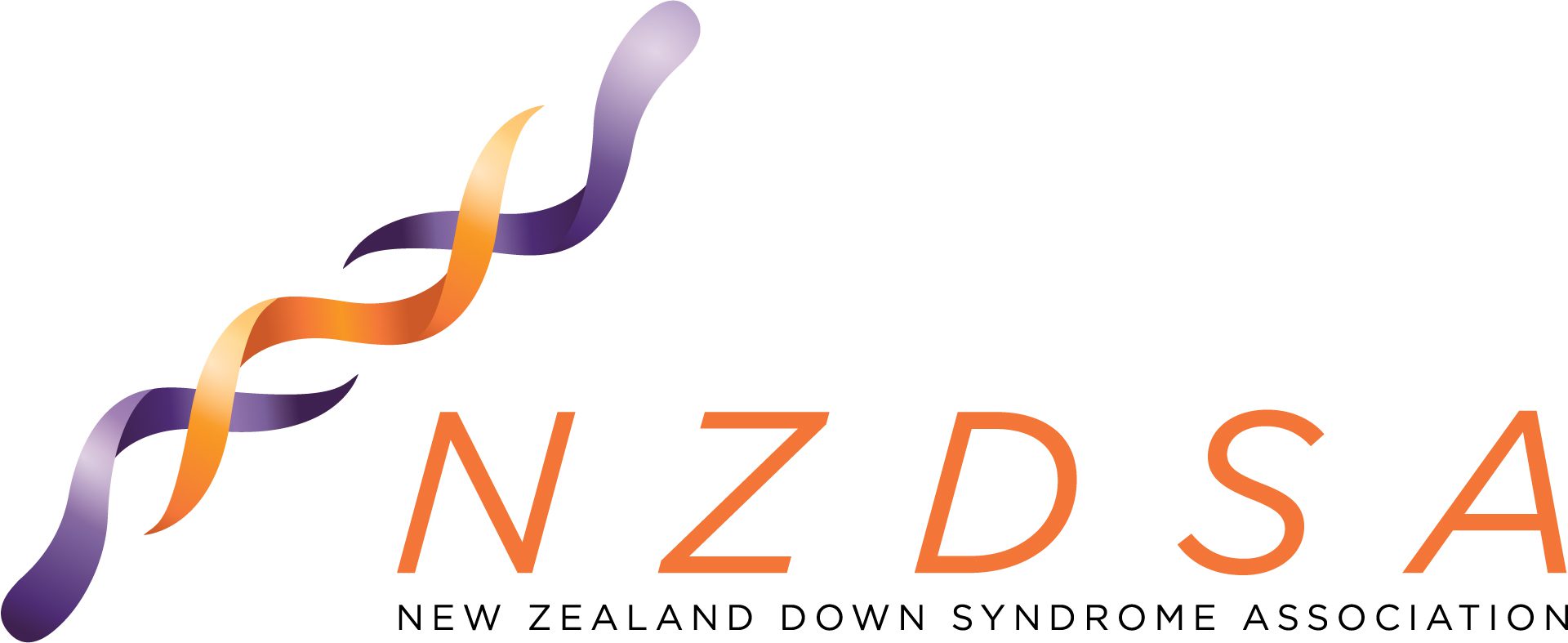By Nan Jensen
The Family Court has the power to appoint a person to make decisions for a person who lacks the capacity to understand the nature and consequences of their decisions and/or the ability to communicate their decisions.
Roles can be allocated for very specific decisions or for a broad range of decisions. The most common roles are Welfare Guardian (to make decisions about the personal care and welfare of another person) and Property Manager/Administrator (to make decisions about the property of another person).
Welfare Guardian and Property Manager
Families of people with disabilities need to be aware of the legislation around this even if they choose not to take advantage of it.
Not all disabled people can have a decision-maker appointed under this legislation – they need to meet the capacity threshold (or rather lack of capacity threshold).
The right to make your own decisions is a core element in the United Nations Convention on the Rights of Persons with Disabilities.
The Convention protects the rights of a person to make their own decisions, and states that ‘supported decision-making’ is the correct way for decisions to be made for people with disabilities who may have capacity issues.
Many disability groups oppose the current legislation as they believe it interferes with that right. Our government has claimed that the current legislation (which ironically is called the Protection of Personal and Property Rights Act) accords with the convention, because of the following provisions:
- The requirement that the court ‘make the least restrictive intervention’ in the person’s life and ‘enable or encourage that person to exercise and develop such capacity as he or she has to the greatest extent possible’ (s. 8)
- The duty of a Welfare Guardian to have as ‘the first and paramount consideration’ ….’the promotion and protection of the welfare and best interests of the person for whom the welfare guardian is acting, while seeking at all times to encourage that person to develop and exercise such capacity as that person has to understand the nature and foresee the consequences of decisions relating to the personal care and welfare of that person, and to communicate such decisions’ (s. 18(3))

